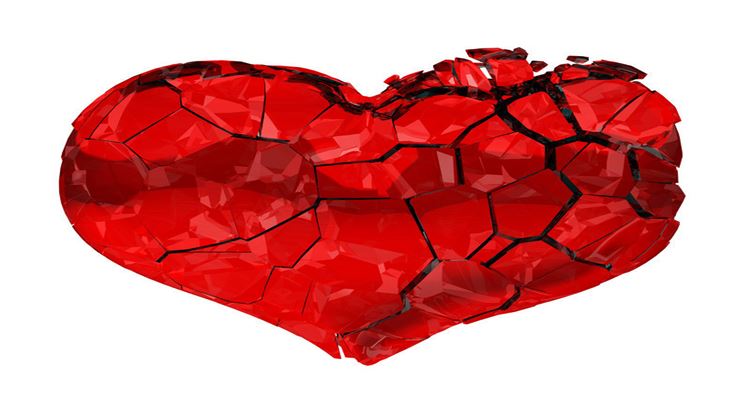Here are some things about broken heart syndrome that you probably don’t know yet.
BROKEN HEART SYNDROME – What happens when your heart gets broken literally? Here are some things to know about a condition called broken heart syndrome.
When we think of a broken heart, the picture that often comes into our minds is a heart that has this jagged line through it. But medically, a literal and real-life broken heart can actually result in cardiac issues.

This condition is dangerous because it can possibly happen to a healthy person. Broken heart syndrome is also called stress-induced cardiomyopathy or takotsubo cardiomyopathy.
Women are more likely to experience heart pain and this is because of the surging of their hormones, specifically, stress hormones. This can be caused by certain physical and emotional factors like:
- death of a loved one
- divorce
- relationship breakup
- separation
- betrayal
- rejection and; among others
But this syndrome is just temporary and doesn’t have anything similar to a heart attack like blocked arteries. It may lead to “severe, short-term heart muscle failure” but it is treatable.
A post from Harvard Health Publishing says that it happens “almost exclusively in women”.
These are accordingly the stressors associated with this syndrome:
- A sudden drop in blood pressure
- Serious illness, surgery, or medical procedure (e.g., cardiac stress test)
- Severe pain
- Domestic violence
- Asthma attack
- Receiving bad news (such as a diagnosis of cancer)
- Car or other accident
- Unexpected loss, illness, or injury of a close relative, friend, or pet
- Fierce argument
- Financial loss
- Intense fear
- Public speaking
- A surprise party or other sudden surprise
Meanwhile, among the characteristics of this included chest pain, shortness of breath, abnormalities in electrocardiogram similar to a heart attack, no coronary artery obstruction, and some abnormal movements and ballooning in the left ventricle.
There is no one treatment for this because the treatment depends on how severe the symptoms are.
READ ALSO:
- Pyridoxine Vitamin – Benefits and the Best Sources Of This Vitamin
- Connective Tissue – Its Different Types and Its Function
What can you say about this? Let us know!

